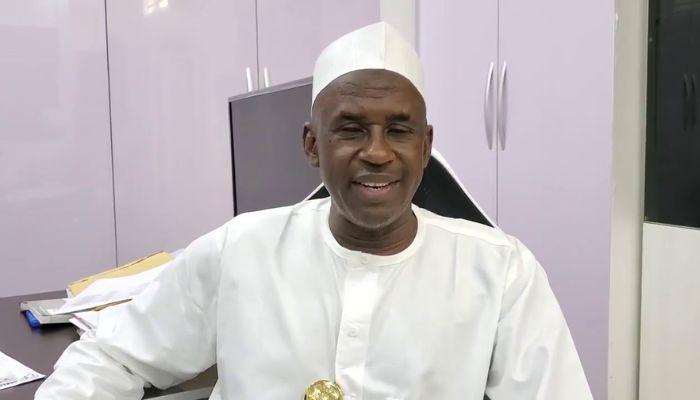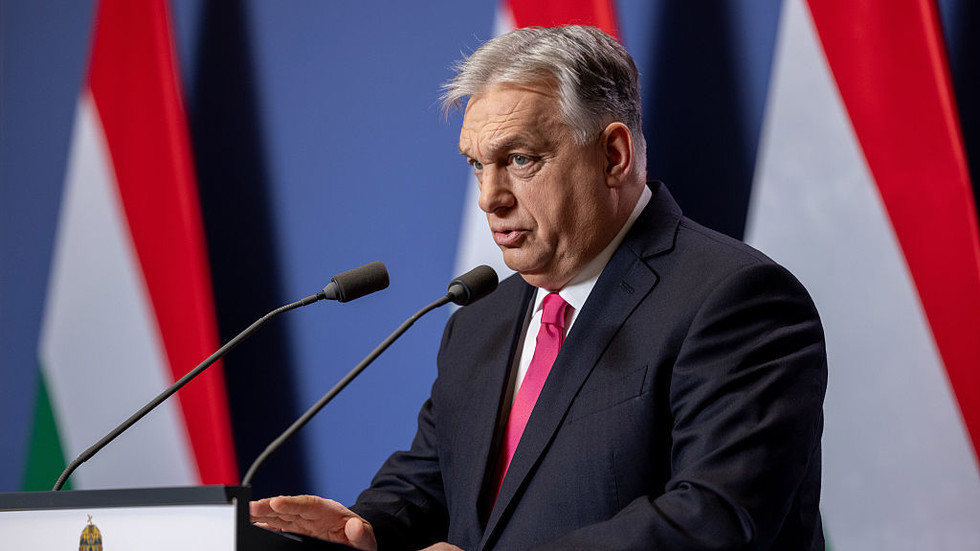US President Donald Trump arrived in Scotland on Friday, blending a personal visit to inspect his golf resorts with high-stakes discussions on a potential transatlantic trade agreement. The trip unfolds amid scrutiny over his past ties to Jeffrey Epstein, the disgraced financier convicted of sex offenses, though policy matters dominated the agenda as Trump prepared to meet British Prime Minister Keir Starmer and European Commission President Ursula von der Leyen.
Shortly after landing, Trump addressed reporters on the tarmac, framing negotiations with the EU as precarious. “There’s a 50/50 chance of getting a deal done,” he said, citing longstanding friction over tariffs and trade imbalances. His remarks then shifted to two contentious priorities for Europe: a call to halt wind energy projects and stricter immigration controls. “This immigration is killing Europe,” Trump asserted, adding that wind turbines were “killing the beauty of your country.”
The criticism of renewable energy echoed Trump’s longstanding opposition to wind farms, particularly in Scotland. Over a decade ago, he launched an unsuccessful legal challenge against an offshore wind development near his Aberdeenshire golf course, arguing it would spoil the landscape. His latest comments drew swift rebukes from environmental advocates, who view wind power as pivotal to global climate goals.
On immigration, Trump drew parallels to his own border policies, praising tightened security along the US-Mexico frontier as a model. “You better get your act together, or you’re not going to have Europe anymore,” he warned, framing migration as a demographic and cultural threat. These statements are likely to resonate in Europe, where far-right parties have gained traction by campaigning against immigration.
The visit’s diplomatic component—talks on a US-EU trade pact—remains a focal point, with Trump emphasizing “fair deals” to protect American industries. However, skepticism persists among European leaders, given his administration’s history of imposing tariffs on allies. While the discussions aim to ease trade tensions, Trump’s dual focus on energy and migration risks overshadowing economic negotiations.
Domestic pressures linger as Trump navigates renewed attention on his association with Epstein, who died in jail in 2019 while awaiting trial on sex trafficking charges. Though no official agenda items addressed the matter, the shadow of Epstein’s crimes underscores the politically charged backdrop of Trump’s overseas engagements.
The trip underscores Trump’s enduring influence on global policy debates, even as he balances business interests with diplomatic overtures. As European leaders weigh his proposals against broader strategic priorities, the outcomes of these talks could shape trade dynamics and environmental policies on both sides of the Atlantic.



